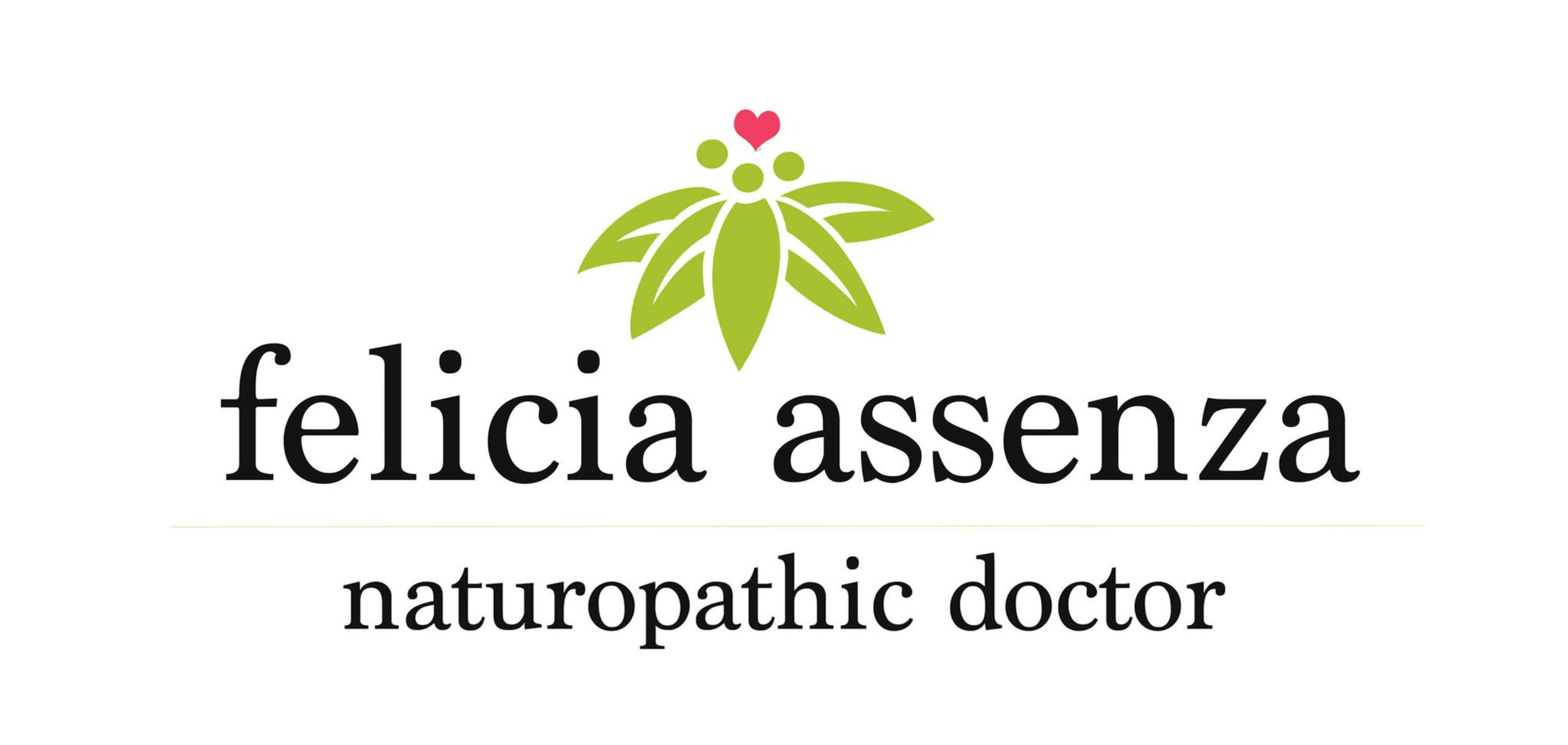As someone who has had a lot of experience in the patient role of healthcare and after officially starting into my role as a Naturopathic Doctor, I wanted to share what I’ve learned so far about healthcare from both the perspective of patient and healthcare provider. Now, at this point in my life, I’ve had a lot more experience as a patient than as a Naturopathic Doctor so this post may be somewhat biased toward this patient side of things but here goes anyway…
No one really knows exactly what the heck they’re talking about all the time… and that’s okay.
This is something I began to recognize as a patient but never really understood until I was on the healthcare provider side of things. I find that as patients, we (myself included) tend to put our healthcare providers, especially doctors, on an all-knowing pedestal and while it is true that doctors are highly educated and trained in what they do, it’s important to remember that they are also human. Doctors practice medicine, every patient is different, nobody is perfect, we all do the best we can with what we know at the time. Recognizing this early on and taking a more active role in your own healthcare can help avoid a lot of anger and frustration when things may not go quite as planned, which is not so uncommon in healthcare.
Find a healthcare professional you trust who shares your values
Going through naturopathic medical school, it was often taught that while the patient’s beliefs/values were important (treating the whole person: mind, body, and spirit) the doctor’s personal beliefs or values didn’t have a place in the office as we were expected to stick to the unbiased facts and evidence. I’m not fully on board with this notion. While evidence-informed medicine is definitely important, as is keeping the physician’s office free of prejudice, I think our belief systems naturally shape our perspectives and the way we make decisions. While one can strive to be cognizant of how beliefs may be affecting practice, it is impossible to keep them out entirely. Therefore, it is important to have healthcare providers who understand your health, the facts and evidence but also operate in a way that aligns with your beliefs and values. This will help to build confidence and trust in their advice and expertise and can help to relieve some of the burden of decision-making, especially when it comes to making big, potentially life-altering, healthcare decisions.
The patient needs to be heard. Always.
I don’t take always statements lightly but I feel it’s necessary here as I can still feel the pit in my stomach that comes after leaving a doctor’s office feeling like they really just didn’t grasp what was going on with me. Feeling like I should have explained more clearly or said more but there just wasn’t space or time or I was too nervous. Then fretting that it would be at least another 6 months until I would get in to see them again to voice my concerns that got missed. While it is difficult in our busy conventional healthcare system to provide this time and space for patients to be fully heard and understood, I feel it’s imperative. It’s imperative to leave time for patients to cover important information and ask questions but also to build rapport and make patients feel comfortable. For example, it’s not easy to share that you’ve been experiencing severe depression, suicidal thoughts, or even incontinence with someone you just met 5 minutes ago and don’t feel comfortable with but this information can be extremely clinically relevant and life-changing if it gets to be addressed. I think this may be one of naturopathic medicine’s greatest assets: the time spent with patients that leads to uncovering important information.
The patient is an expert.
They say the best form of learning is experience, so unless a healthcare provider has had the exact same experience as the patient they are treating (pretty much impossible), it’s safe to say the patient is the expert in the room on his or her current state of health. This falls in line with why it is so important for patients to be heard. As patients, I believe we know our bodies best. We have the best insight into how we heal, we often just need some guidance and help to get us there. Please, however, don’t mistake patient expertise with that of Dr. Google because that would be a whole other conversation.
Healthcare providers and patients are a team.
Patients are the experts in their own health. Doctors are the experts in healthcare and the human body. Together they form the ultimate healing team! (Cheesy I know, but true) I like to think of doctors or healthcare providers as guides. They provide patients with the map, knowledge, and resources to get back to health. Then, at the end of the day, the patient ultimately does their own healing.
I think those would be the top 5 things that I’ve learned so far from being a patient and Naturopathic Doctor. What do you think? Is there anything I missed? I’d love to hear from your experiences as a patient, doctor, or both.
Warmest wishes,
Felicia

